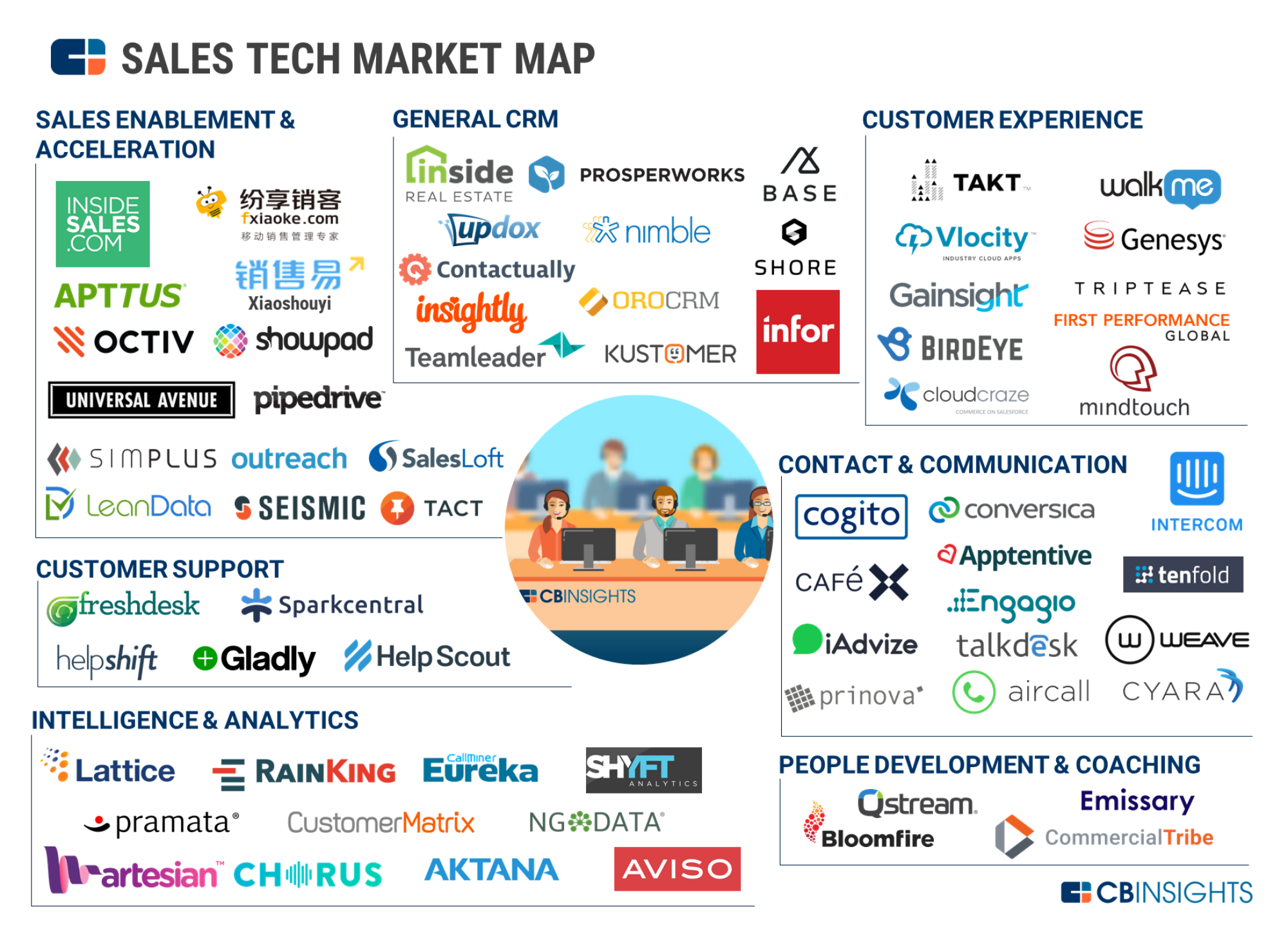80 Percent of Web Professionals Report Client Growth of 25 Percent or More a Year, According to Study of United States, Germany, United Kingdom, India, Brazil and Mexico
Web Designers Leading Indicators of Small Business Growth: Retail, Travel, Health and Fitness Industries Growing Fastest Globally
Growth Creates Pain Points: Web Developers Report They Have to Play Too Many Roles and Struggle Managing New Clients
Constant Need for Learning/New Skills: Web Developers Report Strong Support for Certification Program to Create Standards
Analytics/Analysis
The future of transportation is already here
Apr 13, 2017 / Alex Moura
Let’s shake ourselves out of our four-wheeled stupor, look at the vehicles and devices being developed, and reimagine how we’ll move around our cities, says TED technology curator Alex Moura.
Humanity has come a long way from traveling by horse, but when we consider the future of transportation in cities, too many of us are still stuck in the 18th century. We still envision our streets full of four-wheel chariots (minus the horses), and our future as relying on cars or car-like vehicles, because that’s all we know. Why this myopia?
Now Sales Is Buying Bright Shiny Objects, Too

Published on May 18, 2017
I’ve seen this movie before, over in MarTech. I spent a decade at Eloqua building the marketing automation space from 2002-2012. Scott Brinker coined the term Chief Marketing Technologist in 2010 and has documented the “category” growth from ~ 150 applications to over 5,000 in 2017. Anything that could be automated was automated - at least at some companies - often without much thought as to the strategic plan underlying these sparkly new toys.
Sage Bots
Recently many MSPs and partners attended a lecture on “How to Throw an Election” discussing bots with the notorious Tcat. The well-attended event was to further our technology conversations beyond the LAN and even MSP land. The context was actually SECURITY
Dave Ramsey's 5 Budgeting Tips for Small-Business Owners
America's foremost personal finance guru weighs in on small-business budgeting.

JULY 31, 2017JULY 31, 2017
Entrepreneur has an affiliate partnership with Hurdlr so we may get a share of the revenue from your purchase.
You may have heard of Dave Ramsey before—perhaps from one of the 500+ radio stations his program The Dave Ramsey Show is syndicated on, or one of his five New York Times bestselling books. Or maybe from his appearances on Oprah or 60 Minutes.
Get Your June Learning On!
Harry here. I thought I’d share some upcoming online education events you can participate with me during June 2017.
Lenovo’s Long Term Partner View – Analytics and IoT
Late last month I met with Lenovo North America president Emilio Ghilardi for a 1:1 interview at the Lenovo Accelerate 2017 conference in Orlando. While I’m sure I was supposed to ask about SKUs, offers and incentives – standard OEM speak - I took a left turn without permission





